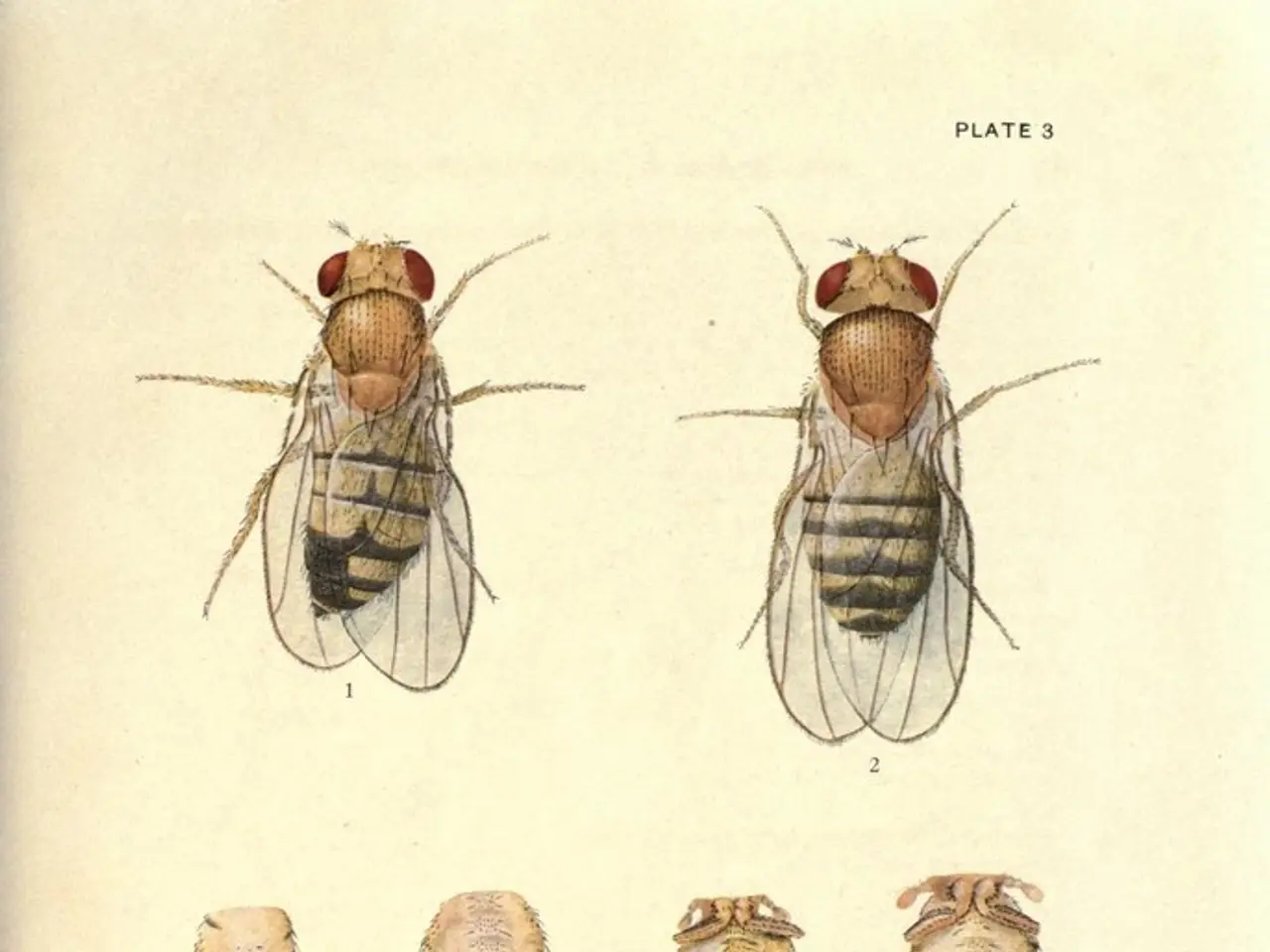Chagas Disease Now Endemic in 32 US States, Threatening Millions
Chagas disease, a tropical illness caused by the parasite Trypanosoma cruzi and spread by 'kissing bugs', is a growing concern in the United States. With an estimated 280,000 cases, it can cause lifelong heart problems and even death if left untreated. The disease is now considered endemic in 32 states, with transmission typically occurring during warmer months.
The parasite can be found in 140 species of kissing bugs, including Triatoma sanguisuga and Triatoma gerstaeckeri. Transmission occurs through bites or exposure to the bugs' feces, contaminated food, blood transfusions, or organ transplants. Initial symptoms last weeks or months, but the disease can enter a chronic phase, hiding in the body for decades. Preventing the disease involves keeping kissing bugs out of homes through decluttering and integrated pest management strategies. These strategies often include identifying affected regions, treating homes with insecticides, improving housing, educating the public, and regular monitoring.
Chagas disease, also known as 'kissing bug' disease, affects about eight million people worldwide. In the U.S., it's now endemic in 32 states, causing serious heart complications and even death if untreated. Integrated pest management strategies, combining scientific knowledge and practical experience, are crucial to control the disease's spread. These strategies involve identifying affected areas, treating homes, improving housing, educating the public, and regular monitoring. Collaboration between international health organizations, national health authorities, and research institutions is essential to combat this growing health threat.







